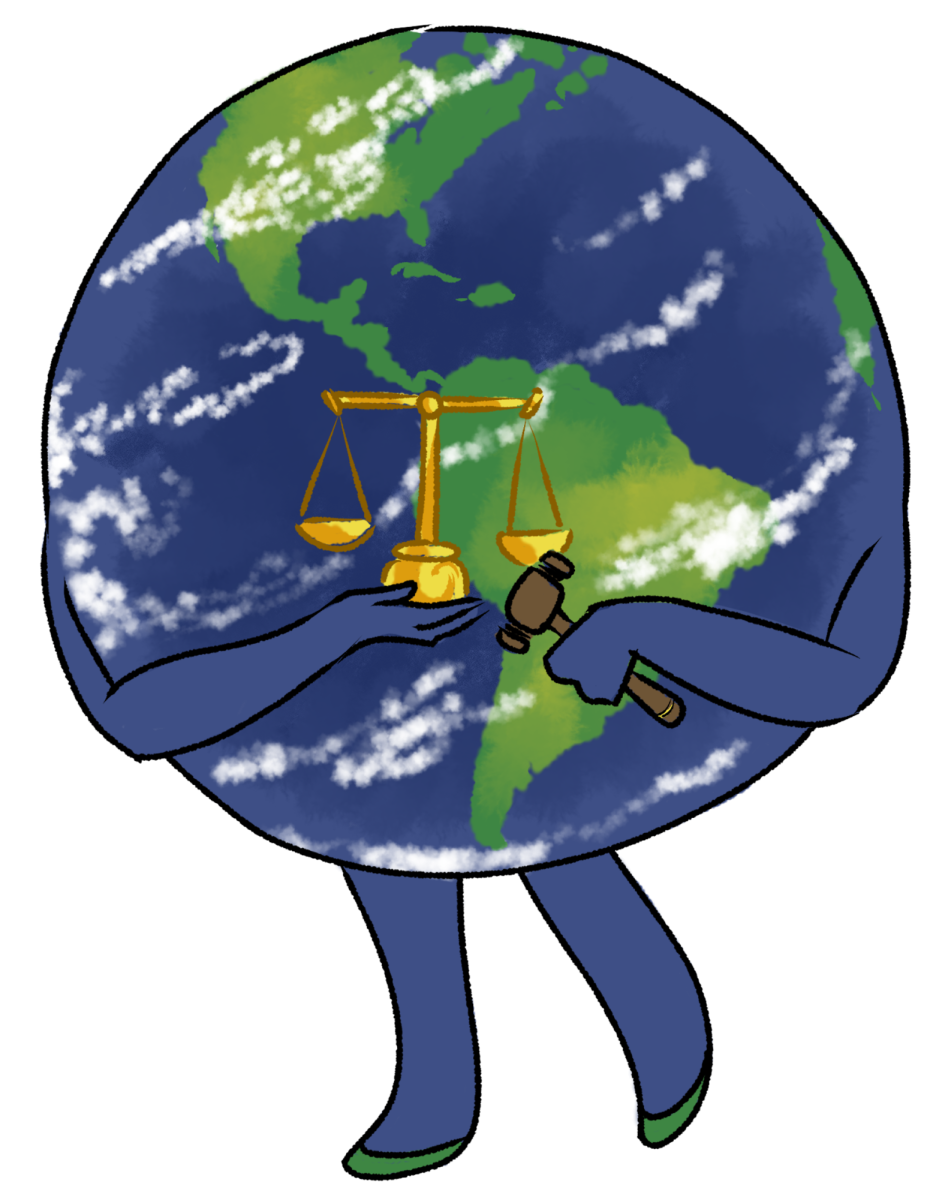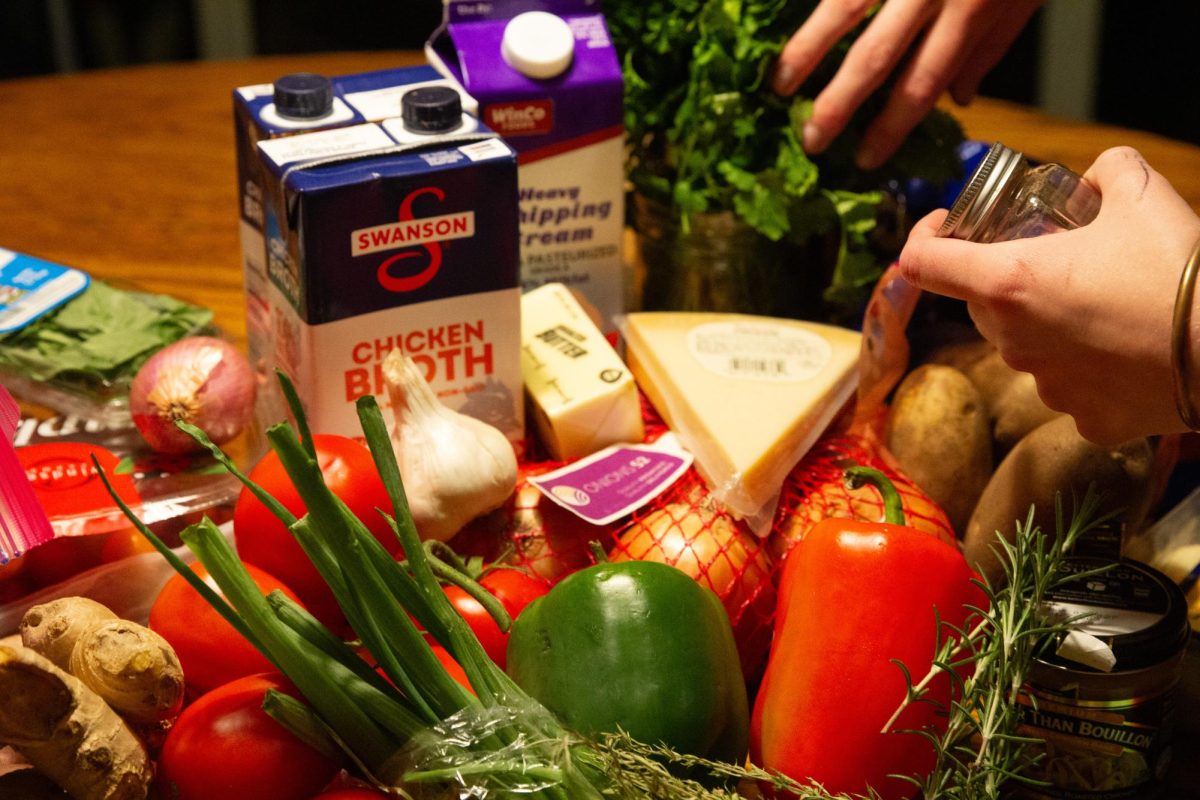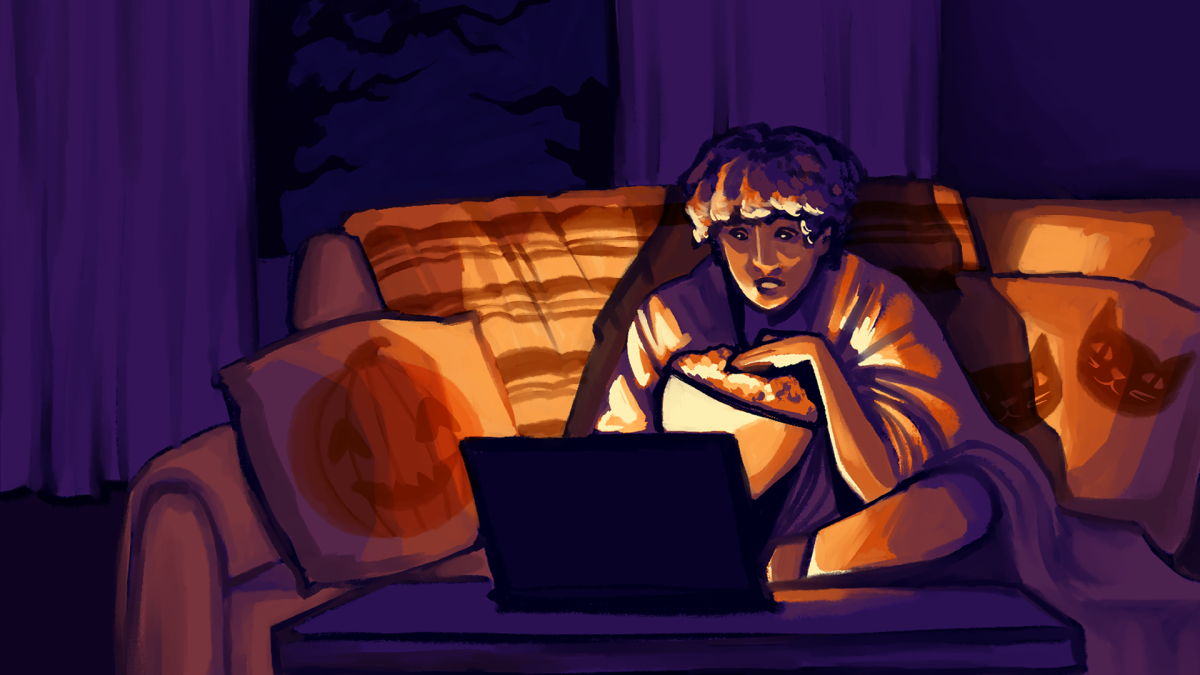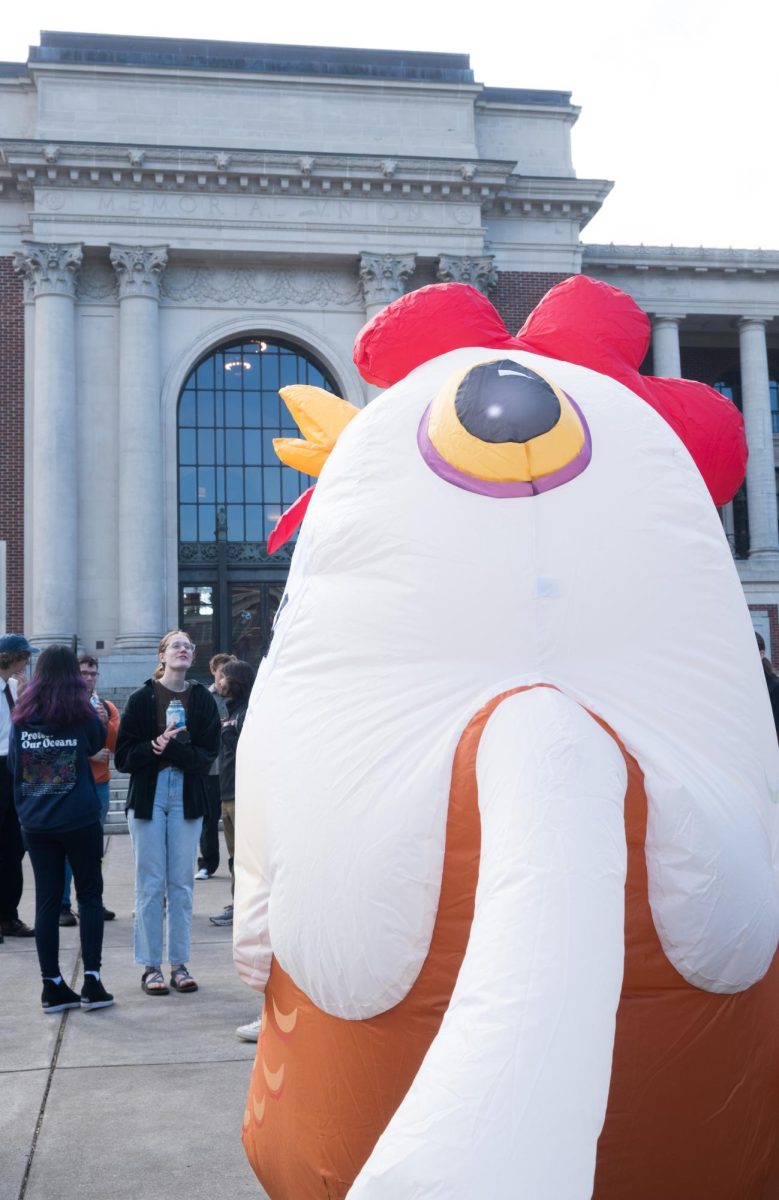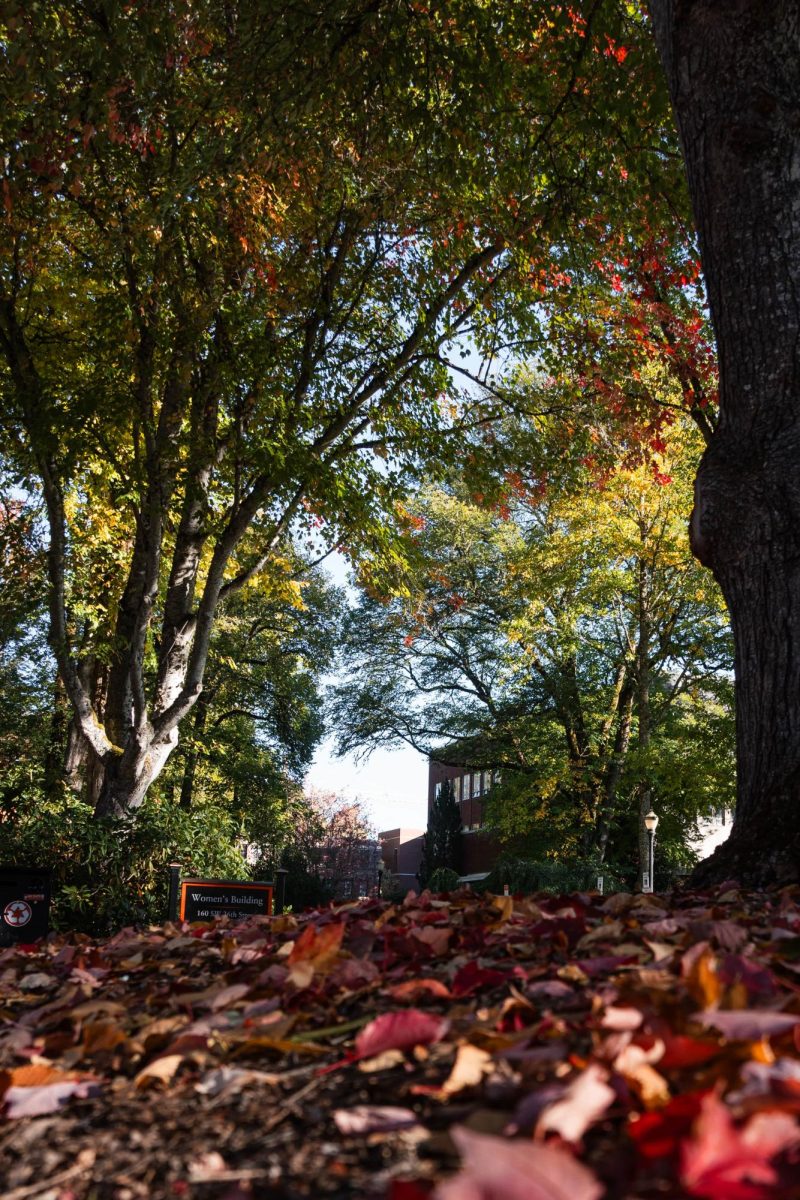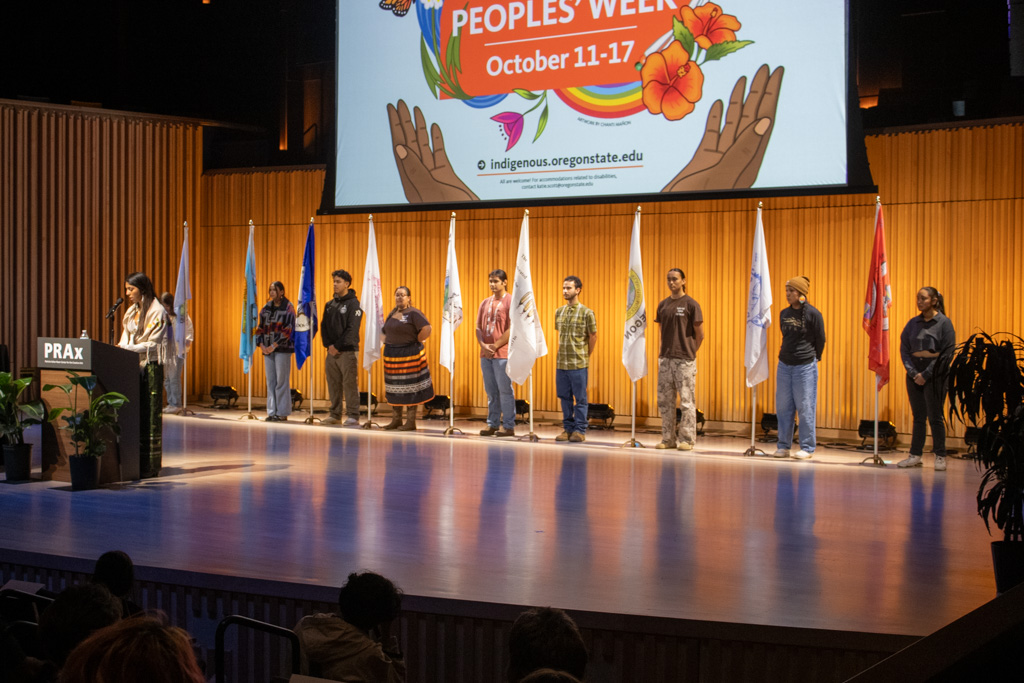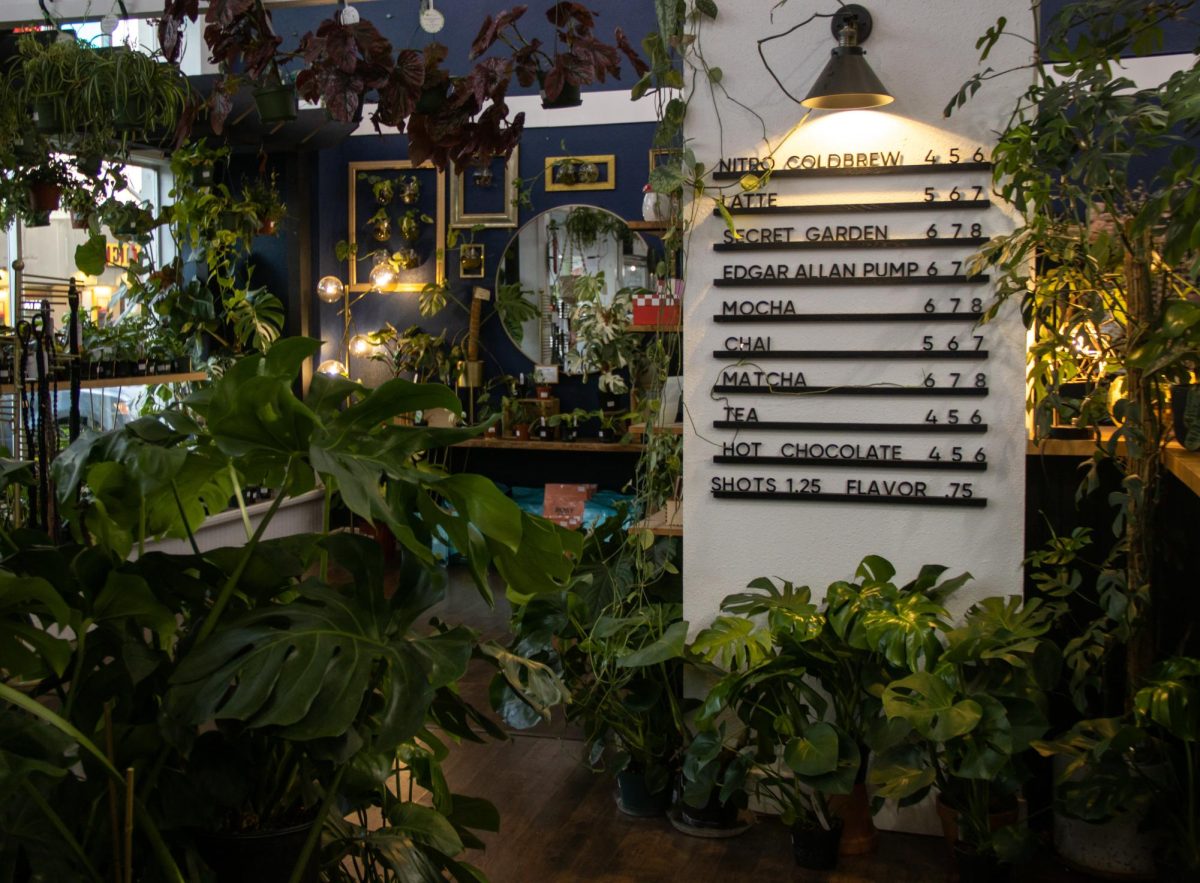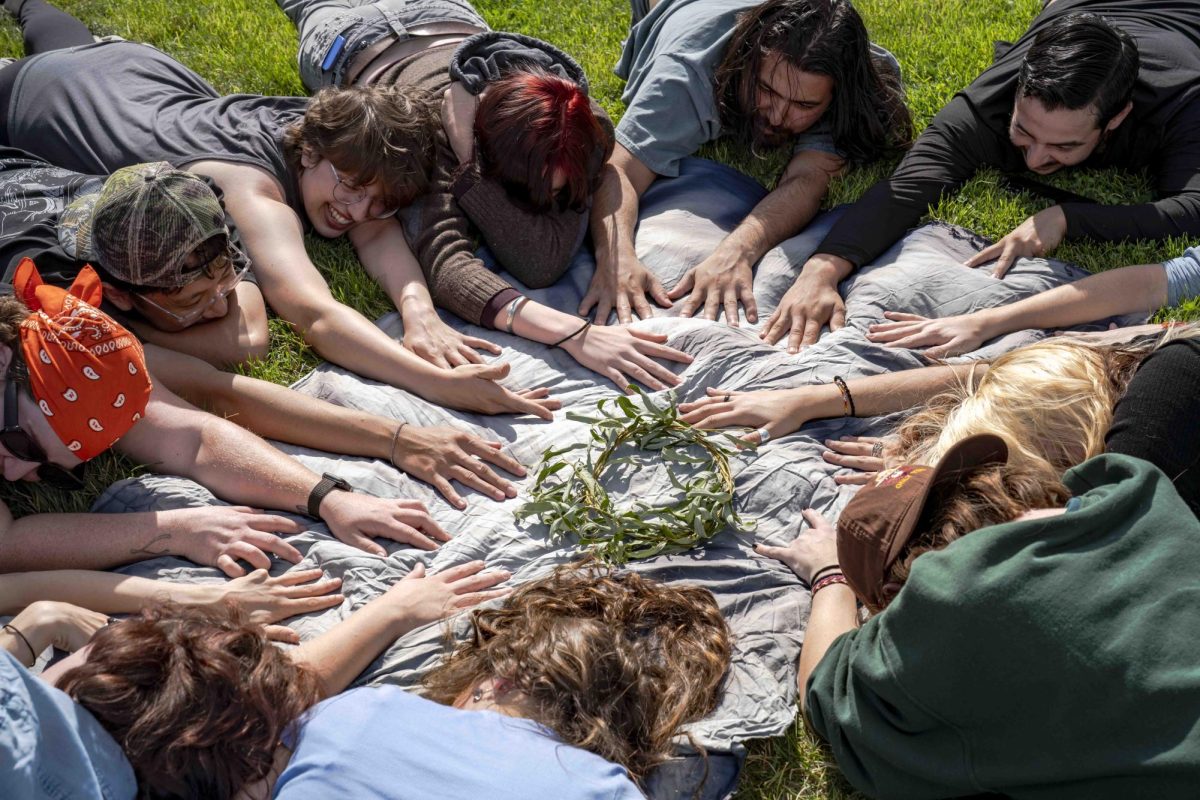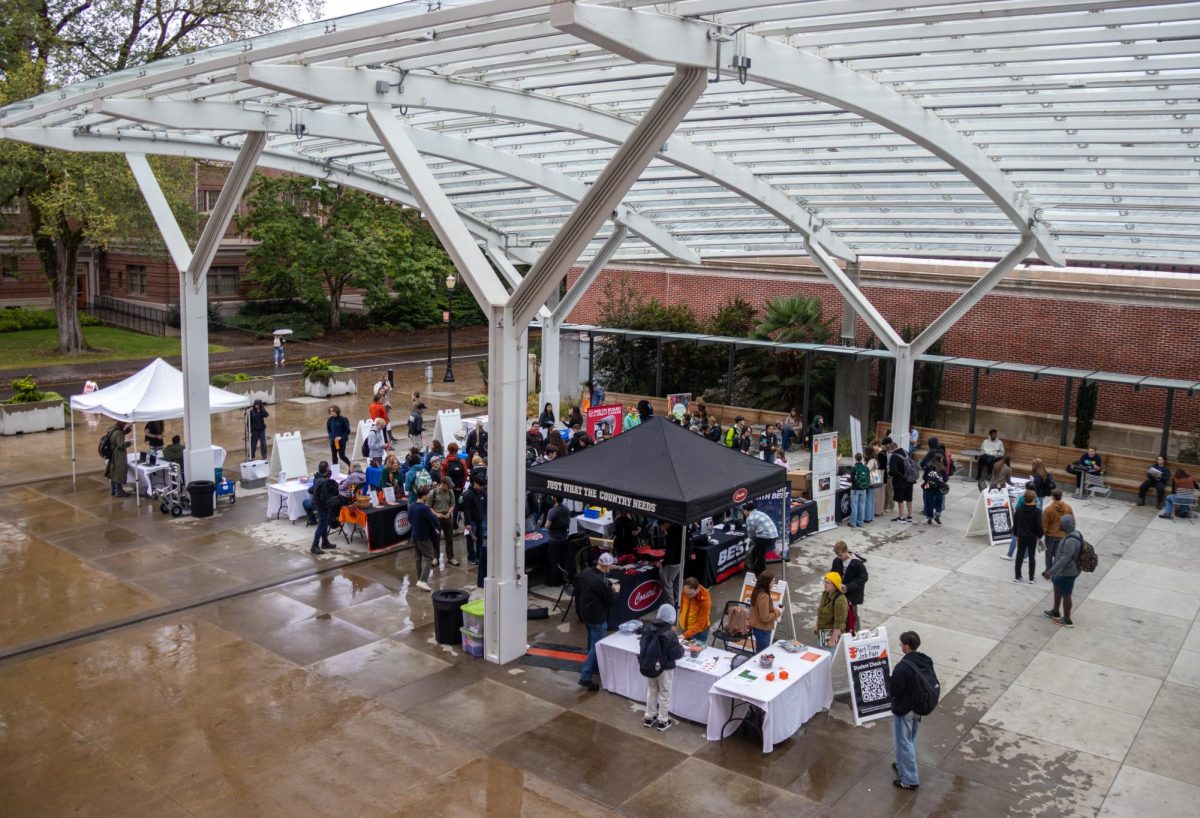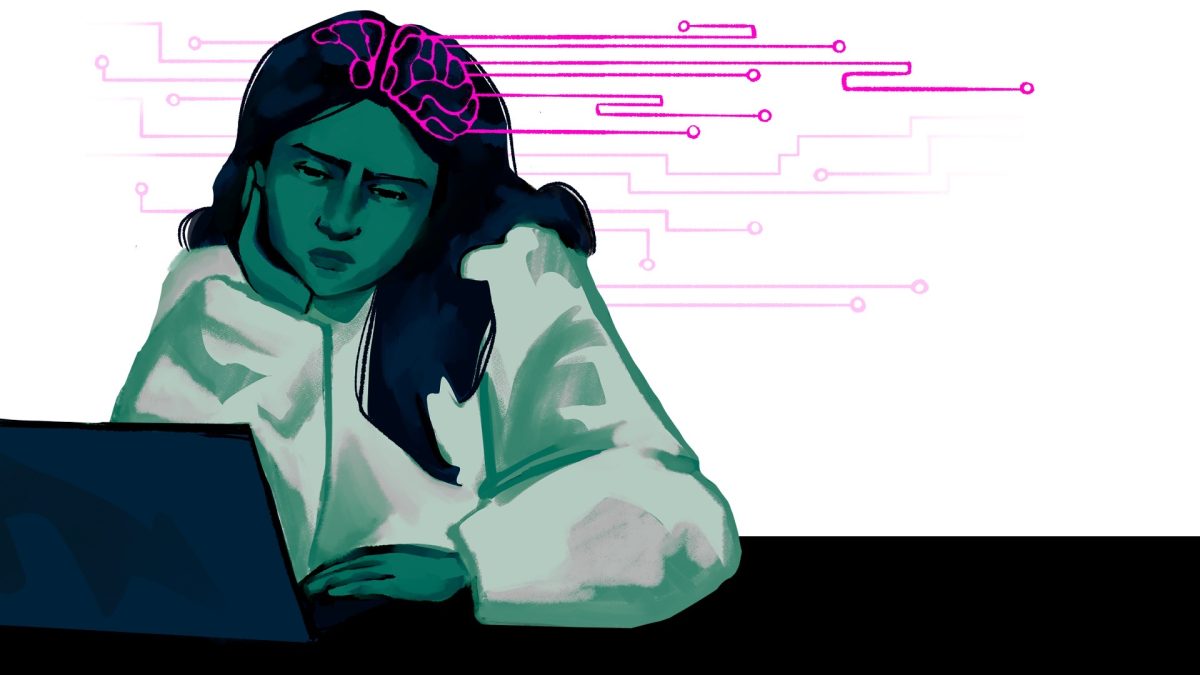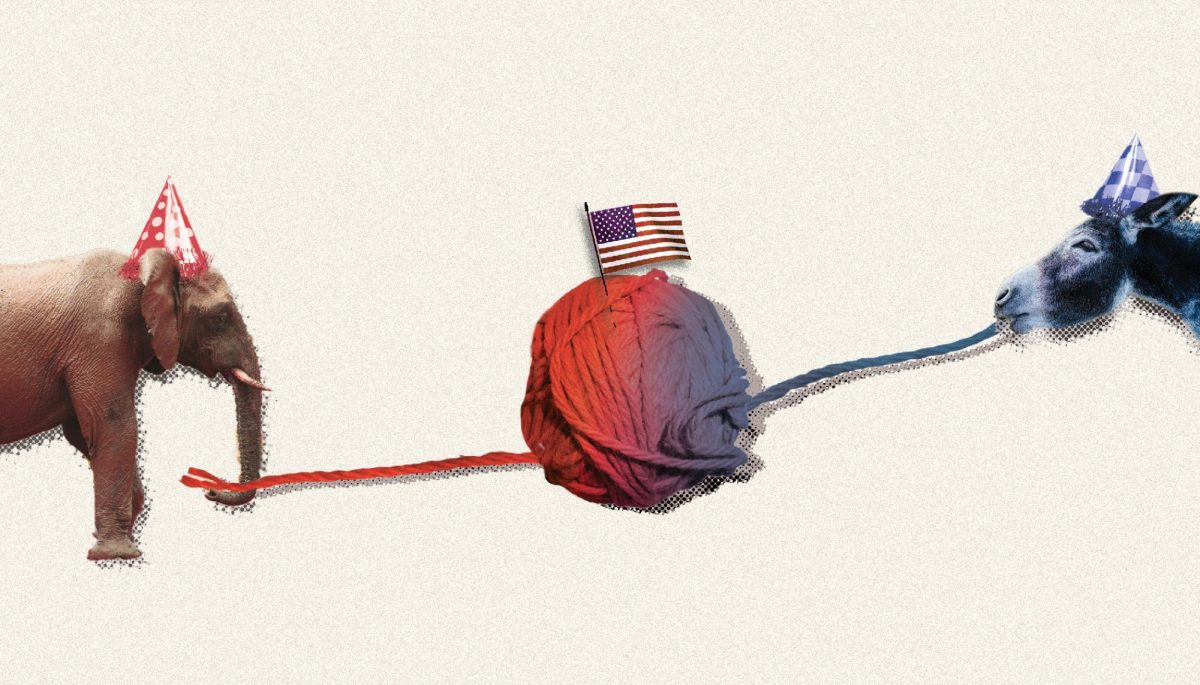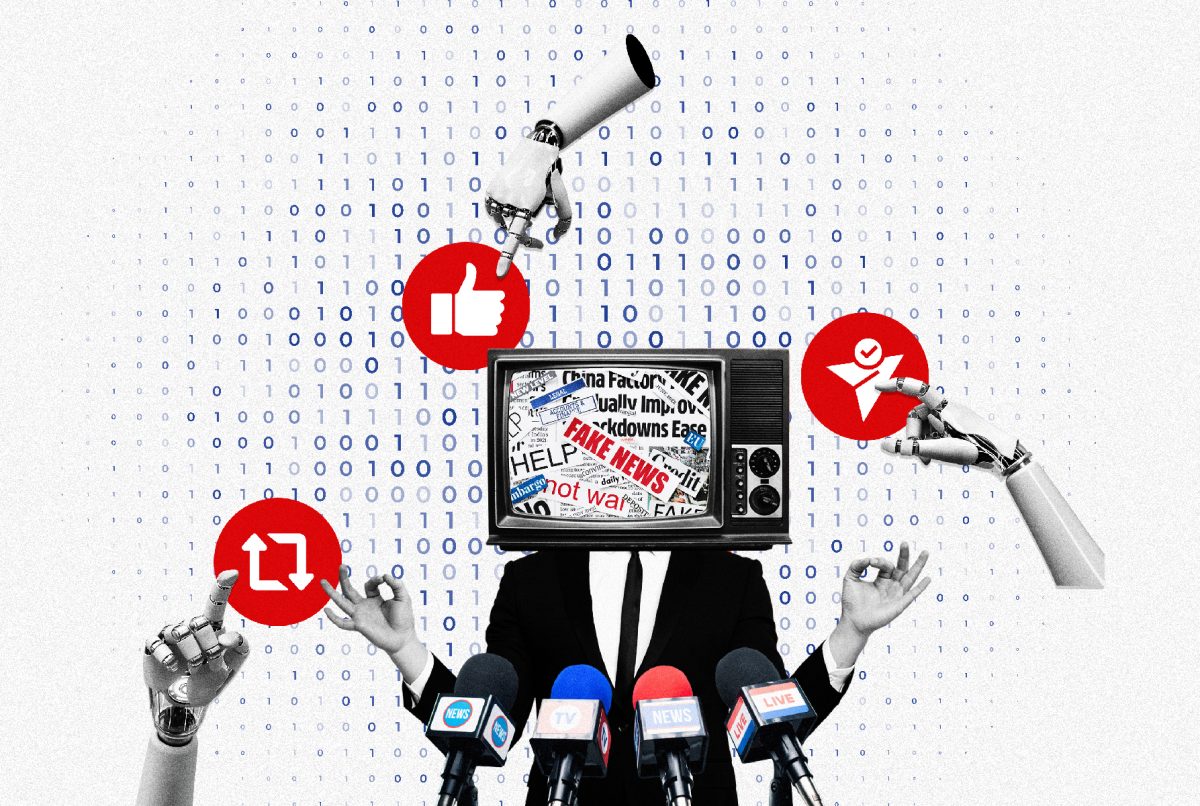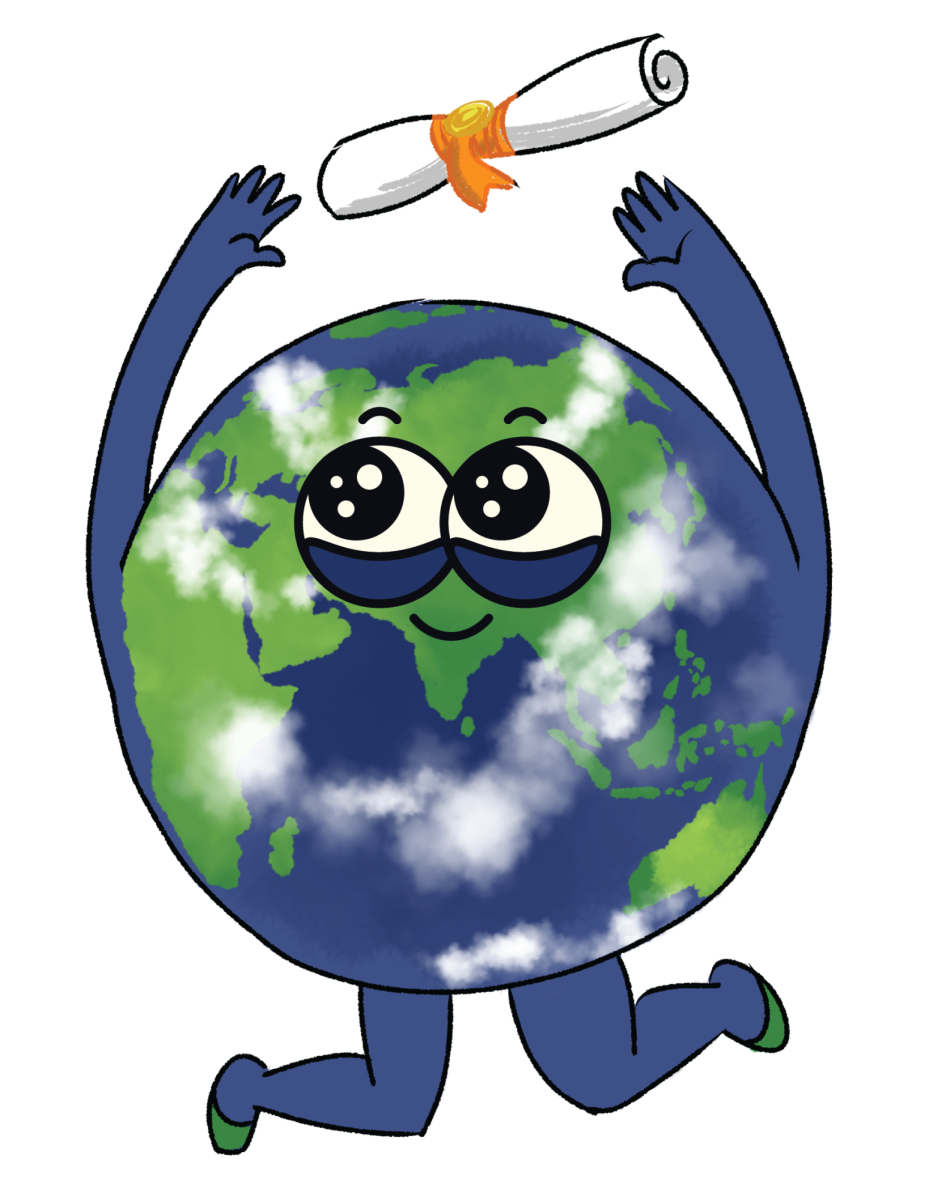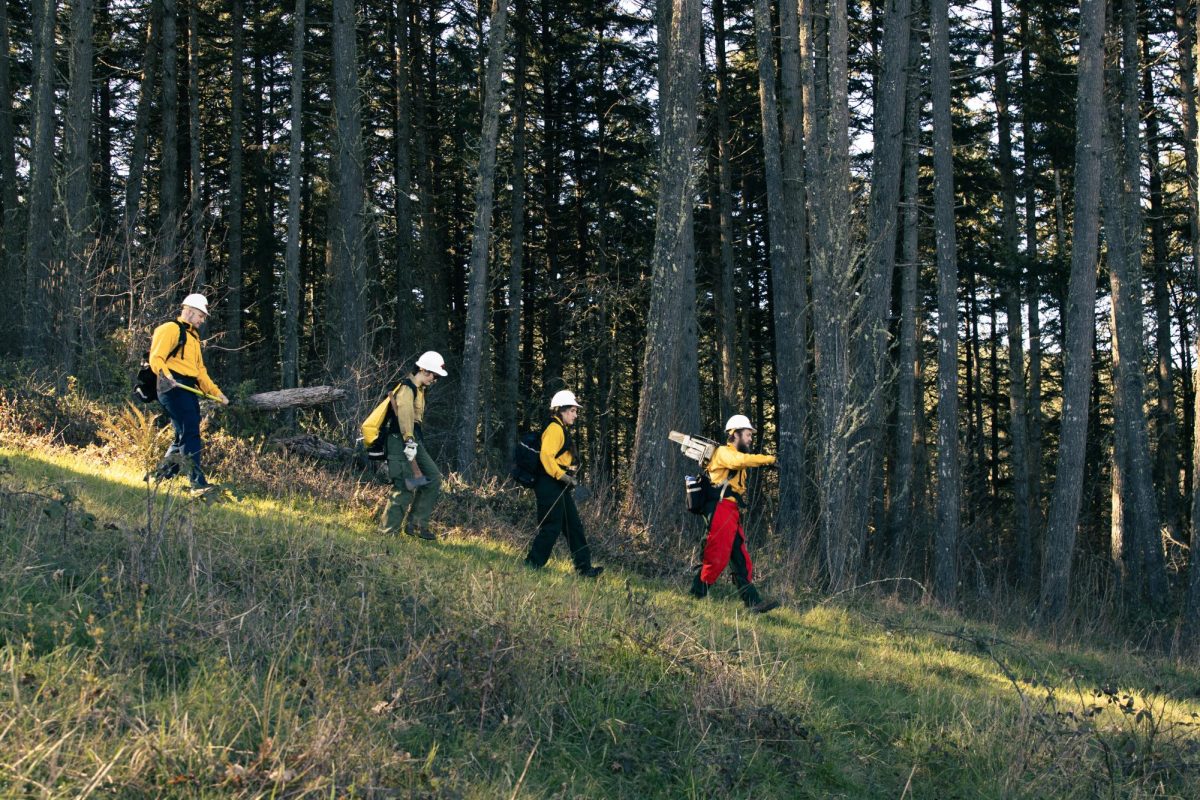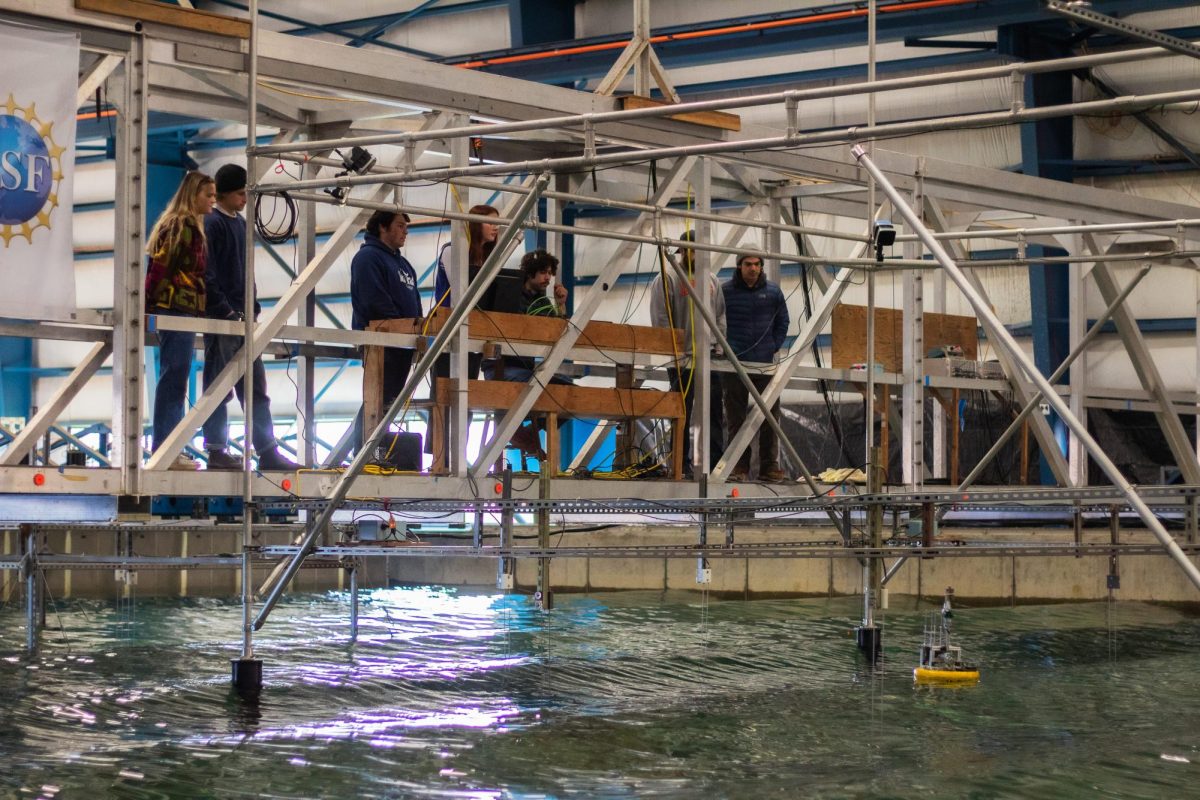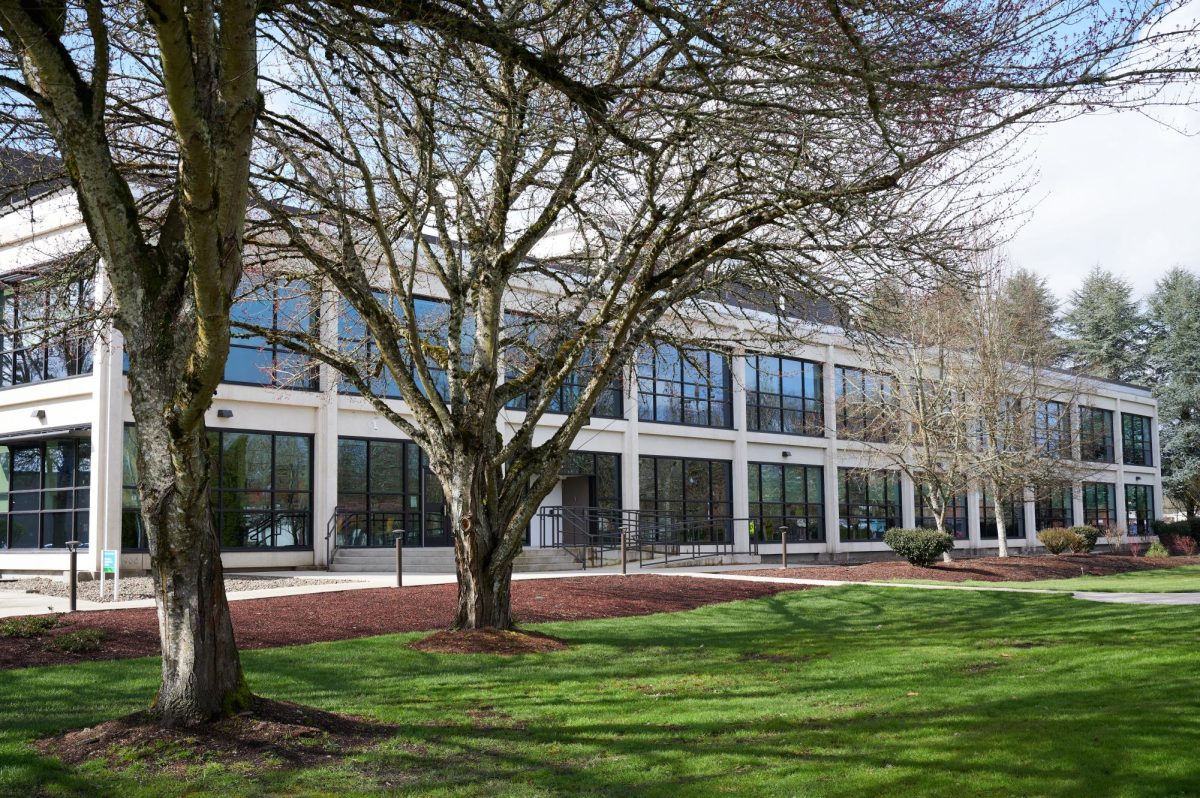The environmental impacts of climate change include extreme heat, sea level rise and poor air quality, to name a few, but who bears the burden of these impacts is not evenly distributed.
Climate change goes deeper than just environmental impacts – it affects the fundamental systems of our entire society, explained David Wrathall, associate professor of natural hazards in the College of Earth, Ocean and Atmospheric Sciences at Oregon State University.
“Climate justice is the uneven distribution of the problem, and the uneven distribution of the impacts,” Wrathall said.
Many of these issues were not created by recent generations but were inherited. Our society was built on a planet that wasn’t made to withstand the force of our consumption. However, we are all still a part of the system, as Wrathall explained.
“What climate change reveals is the limits of this system that we built across the world,” Wrathall said. “It is a system that is incompatible with planet earth.”
In Corvallis, we’ve built a world where people need to release carbon dioxide to get to most of the places they’re going. We learn in buildings that are powered by radiators, which could be replaced by natural energy. We may not have contributed to today’s problems, but we are a part of the continuation of it.
And we benefit from it, Wrathall said.
“You can’t find a better example than Corvallis, Oregon for that privilege,” Wrathall said. “And so what privileged people do is they resist change and institutions resist change.”
Wrathall dove more into how OSU is doing great as a college, and that we don’t need to change. But what prompts growth, is the want to change and the want to do better. He said that we can try and ignore our need for growth, but that we will watch the world fall apart right in front of us while doing that.
“How do you want to change when you’re privileged?” Wrathall said. “When you’re a powerful institution, and you don’t have too?”
Corvallis specifically has an uneven distribution when it comes to who feels the consequences of climate change and sustainability.
“How do we make sure that one community isn’t facing the burden of the environment, or the burden of pollution?” said Faisal Osman, OSU student majoring in public policy with a focus in environmental policy.
Osman said one way to help the climate justice movement accelerate is to examine those who are contributing most to climate change and evaluate how to combat the problems that we have right here in Corvallis.
“I care about equity,” Wrathall said. “I care about fairness and I care about safety. What matters to me is compassion.”
When natural disasters happen, there are ripple effects of those who are affected more than others for things out of their control. Wrathall said that when wildfires happen, it is the people who don’t speak English in our community that are the most affected, because they do not receive the information they need to help protect themselves.
In addition, people who are elderly or have no homes are greatly affected. On top of that, climate change contributes to the amount of people who no longer have homes.
“This is a machine,” Wrathall said. “Climate change is an unhoused population creation machine. It is making unhoused people, it is displacing people, it is impoverishing people. This is happening right here in our state.”
In addition to the housing crisis posed by climate change, Corvallis and OSU specifically face a food insecurity crisis.
“We don’t consider that a sustainability issue but it is,” Osman said. “It’s a huge sustainability issue. So many students on campus, especially Black, Indigenous, People of Color (BIPOC) students and again the research will show you Oregon State, like first generation, low income students of color are most food insecure on our campus.”
In 2022, one in three first generation students and more than one in three students of color experienced food insecurity, according to a study conducted by the OSU Division of Student Affairs.
So, what do we do? What can we as students do in our already busy lives?
According to Wrathall one way to help this ever changing issue, is the willingness to give up some of our privileges. Spend less and ride your bike more.
“We need to connect to ourselves,” Wrathall said. “We need to connect to each other and we need to connect to nature.”

